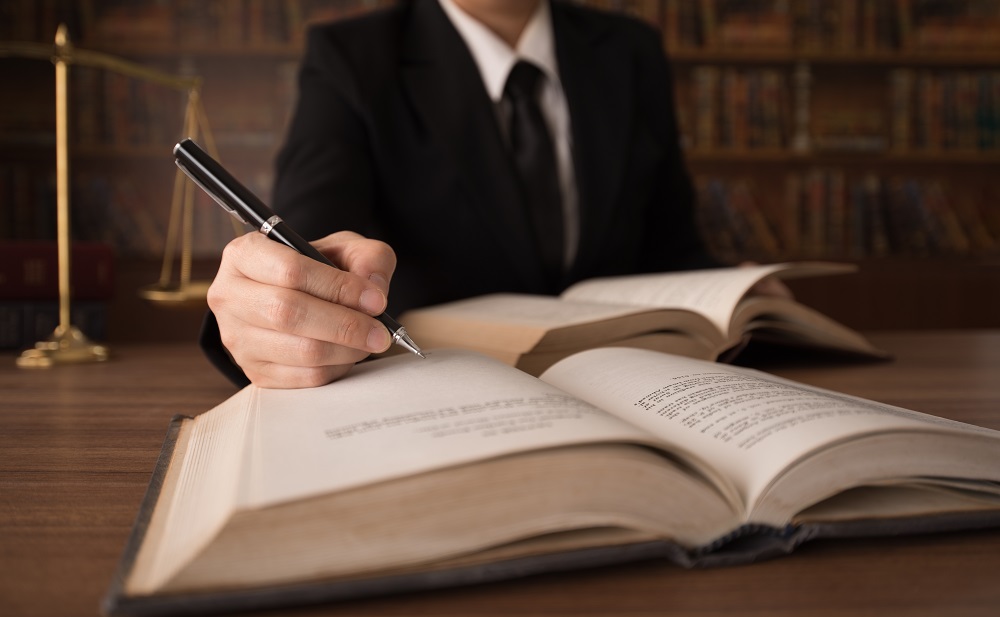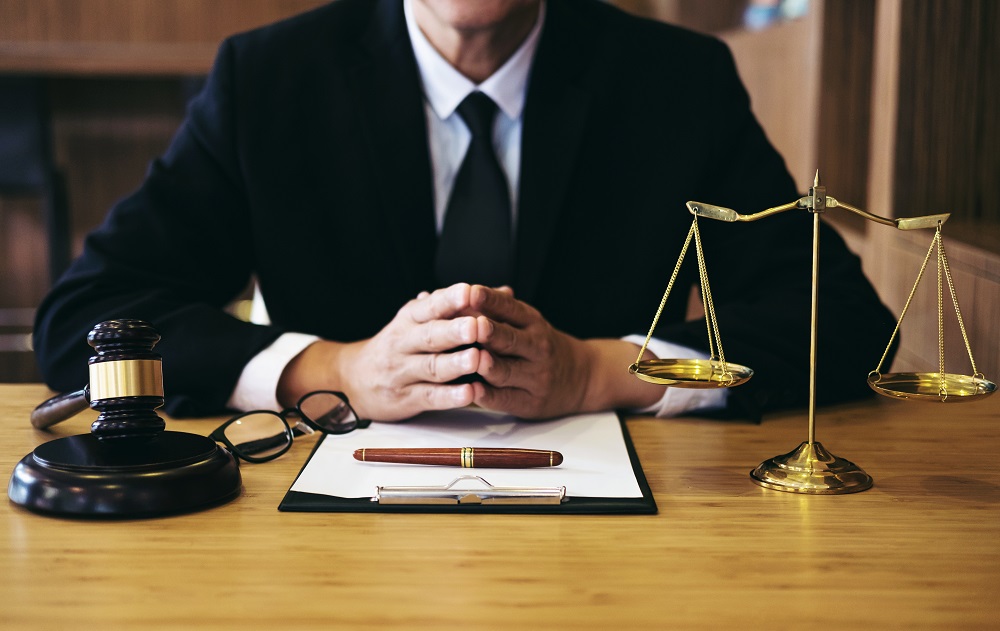Being accused of a crime isn’t something to take lightly. You must take swift action once criminal offences are alleged against you by the authorities because your initial steps can have a significant impact on the outcome of your case.
Heed to the following tips and advice whether you’re a first-time offender or have been in trouble with the law before.
What is the definition of criminal law?
Criminal law is an umbrella term that incorporates a wide range of offences that carry different levels of punishments if you’re found guilty, depending on the severity of the crime.
The types of offences include ones with a violent nature, such as murder or manslaughter, sexual crimes and non-sexual assaults. Other varieties include dishonesty defences, like fraud and intentional damages made to property, i.e. arson, as well as perjury, giving false evidence under oath and other related crimes against justice.
When should I call upon a lawyer?
Contact a solicitor if you’ve been arrested, asked to come in for a voluntary interview by the police or received a summons. Criminal lawyers are there to help you if you’ve been charged with a crime to protect your rights, prepare your case for court, and ensure that you receive a fair hearing.
Undoubtedly, if this is your first brush with the law, the situation you find yourself in is unfamiliar and understandably terrifying. A lawyer is there to provide support, information and invaluable advice.
Am I allowed to call my lawyer if I’ve been arrested?

Not only is it recommended that you seek legal support, but it’s your legal right to ask for a lawyer if you’ve been arrested. You can ask for a duty solicitor or call on your own legal aid.
Speaking without a lawyer present can be risky because anything you say can be used as incriminating evidence.
A crime solicitor present at the police station is advantageous for several reasons. They will advise you how to answer questions posed to you while explaining the exact charges the police have against you and what will happen next and in the future.
Remember that your lawyer is there to provide you with answers during this turbulent time. Be informed and become fully aware of the charges made against you.
Investigation in preparing the case
To adequately prepare you for court, your lawyer must adopt a proactive defence strategy which includes gathering evidence.
Their first port of call will be to interview you about the allegations made against you. Remember that lawyers are independent of the police, so any information you provide is strictly confidential. Divulge everything, even minor details because this will help your lawyer to determine the strengths and weaknesses of your case early on.
After asking pointed questions to the accused, the crime solicitor must further investigate to find avenues that may lead to a client’s acquittal, which include interviewing witnesses and finding field experts who can challenge the evidence made against the alleged perpetrator.

